Word Count: 794
60 percent.
According to a Healthy Allies study from 2021, that’s the number of neighborhoods that qualify as pharmacy deserts in Indiana. That means that the majority of Hoosiers live in areas that do not have a pharmacy within two miles of their homes. That may not seem far, but without a car or reliable public transportation, that distance can be impossible for some Hoosiers, especially our seniors and disabled residents.
Without transportation, those who need a prescription filled are forced to walk however many miles it is to and from their nearest pharmacy or go without the medicine that they need.
For residents with disabilities or illnesses that make it impossible for them to walk, their only option is to go without the care or medicine they need. This increases the likelihood that those people will seek emergency care, which leads to worsened health and higher medical costs for them while also limiting the available healthcare resources for other Hoosiers.
Our state is failing our most vulnerable citizens. Those without access to a car or public transportation, who have disabilities and illnesses, and who do not have the financial or social support to address their lack of access are the ones that suffer the most in pharmacy deserts.
Rural and urban areas are hit especially hard, specifically in neighborhoods where public transportation is underfunded or non-existent such as communities in my district and across Northwest Indiana.
We must address this failing by our state. Indiana cannot continue allowing 60% of our neighborhoods to struggle to access something as essential as medicine, immunizations and other preventative care services.
We already know that pharmacy deserts are a problem. We know that Hoosiers who can’t make it to a pharmacy for their insulin, vaccine or heart medicine could have their lives put at risk.
That’s why I continue fighting for action.
Last session, I offered legislation specifically designed to make progress on this issue. My Senate Bill 319 would have created a task force to study the pharmacy deserts in our state and report their findings and recommendations for progress to the General Assembly within a year. This would have allowed us to take critical first steps toward solving this issue using fact-based evidence and data. But my proposal was never considered or even heard in committee.
Now, an article from this month has reported that CVS will be closing 900 of its stores around the nation. Unfortunately, our state will not be safe from these coming closures. The pharmacy desert issue will only be exacerbated, especially in Northwest Indiana, where CVS has already closed 12 of its locations since 2017 and a series of Walgreen pharmacy closures has left only four in the entire region.
Pharmacies like CVS are planning to implement systems that allow prescriptions to be filled by mail or other delivery, but our state isn’t doing anything to ensure residents have ongoing, uninterrupted access to the services that pharmacies offer.
Already, Lake county ranks 74th in the state for health outcomes and 90th for health factors. The loss of essential pharmacies will only result in further health disparities in Indiana.
Our most vulnerable Hoosiers–those who are low-income, lack transportation or are dealing with illness–will be left with few options to access the prescriptions and care that they need. Even if they can access mail prescriptions, they will still have to find other locations to access other services that pharmacies offer.
This is where we’re headed if our state doesn’t step up. Indiana residents deserve to live in a state where their access to vital medical and health services is supported by its lawmakers.
That’s why I’ll be offering my pharmacy desert legislation again next year. My proposal would allow 20 experts to study and give recommendations to address this critical issue, including the Department of Health Commissioner, Family and Social Services Administration, one pharmacist from all nine congressional districts and experts recommended by certain industries and groups.
Access to medicine is a basic human need, and I call on residents across the state to reach out to our Legislature and demand that my important proposal be passed next session. My bill will allow us to find the best comprehensive solutions to address our pharmacy desert issue.
What we cannot do is continue to do nothing.
The health and lives of Hoosiers are at risk simply because they are not able to get to their nearest pharmacy. It’s unacceptable yet right now, that’s the reality for residents without transportation in 60%of our neighborhoods.
We must keep calling attention to this issue until our Legislature makes it a priority. No one deserves to struggle with their health or potentially lose their life because the pharmacy to access their medicine is too far away.


